Every day, hundreds of Australians lose control of their property, finances and lives as a result of illness or accident. Stop this from happening to you with an enduring power of attorney.
Anyone can experience a loss of mental capacity. From a temporary disability to a lifelong disease, an accident or illness could strike at any moment.
Plan for the worst and avoid unnecessary distress with an enduring power of attorney. This document permits someone you trust to make legal and financial decisions on your behalf when you no longer can.
Draft a valid enduring power of attorney in NSW with fixed-fee legal services from Turnbull Hill Lawyers. We will provide you with personalised support so that you can have peace of mind in your finances – no matter what the future brings.

Appoint an enduring power of attorney in NSW
Appointing an enduring power of attorney might just be one of the most crucial legal actions you ever take. Make sure your financial matters will be in safe hands with Turnbull Hill Lawyers. Our power of attorney lawyers will help you:
- Understand all possible outcomes of appointing someone to manage legal and financial decisions on your behalf;
- Draft an accurate reflection of your intentions; and
- Sign the document and have it witnessed properly to ensure it is valid.
Ready to appoint an enduring power of attorney in NSW? Our experienced solicitors can help you with any aspect of your power of attorney, advising you on your rights, responsibilities and options every step of the way.
Enduring power of attorney lawyers you can count on
55+ years experience
Appointing an enduring power of attorney in NSW can be daunting, especially without legal expertise. Since 1969, we have been simplifying the power of attorney (POA) process so that our clients can protect their future financial interests.
Prompt support
We handle your case with the utmost efficiency and urgency to meet the necessary deadlines. With our proactive and reliable legal support, you can finalise your enduring power of attorney without delay.
Personalised advice
We understand that your circumstances are unique, which is why we adopt a tailored approach. Whether your intentions are simple or complex, we provide dynamic legal services to ensure a smooth experience.
Informed decisions
We are committed to ensuring you fully understand your situation, its legal requirements, and potential outcomes. With our practical guidance and regular communication, you’ll be empowered to make informed decisions.
Pristine reputation
Thousands of clients have trusted Turnbull Hill Lawyers for their power of attorney needs. As leading power of attorney lawyers in NSW, we take pride in providing superior service and successful outcomes with an unwavering commitment to excellence.
Transparent pricing
Our power of attorney lawyers offer dependable legal services with transparent pricing, clear hourly rates, and upfront cost estimates, ensuring you face no hidden costs as you make this critical decision.
Prepare for the unexpected with Turnbull Hill Lawyers
Imagine you’re driving to work one morning, moving through the traffic lights on green. Suddenly you hear a screech of brakes, and the crunch of metal on metal and then nothing.
You wake up in hospital having suffered head injuries and brain damage. No matter how hard you try you can’t communicate and can’t sign your name. No one can act for you. Your affairs are left in limbo, your assets are frozen.
Your father wants to sell the home and buy another, more accessible unit for your mother. But your mother and father are joint owners of the home, and because your mother is unable to sign a contract or transfer document, the home can’t be sold.
Or maybe you decide to call in on your mother on your way home from work. Your father is enjoying his weekly game of bowls down at the club. While he’s out, your mother has suffered a stroke and has been unconscious for several hours. Despite the best of care, her recovery is slow, and she is likely to be permanently disabled.
Situations like these can be easily avoided.
How? By signing an enduring power of attorney.
Don’t leave it too late. Appoint an enduring power of attorney now
Enjoy peace of mind with POA lawyers in Newcastle, Maitland or Sydney. We will be by your side throughout the entire appointment process.
What our clients say
They looked after me quite well I was quite pleased with their service.
Patrick Huolohan assisted in updating my estate planning with what was a very quick, simple and efficient process. Patrick was both professional and easy-going which ensured an anxiety-free experience. A modest investment to get the job done right and provide the family with certainty.
Congratulations. Bloody fantastic work on the Estate!
Warwick Gilbertson is an absolute professional in all he does. He is a wonderful man of competence and integrity and a warm and thoughtful human being. I have recommended Warwick to friends. Thanks.
Dear Rani Gandha. I received copies of my Will in the post and I would like to thank you so very much for getting this done for me. My appreciation to you and your staff for giving your time to me and for helping The Salvation Army in this way. God bless you!
Our power of attorney lawyers in Newcastle, Maitland and Sydney
Get started in 3 simple steps
If you need support with drafting an enduring power of attorney in NSW, contact our wills & estate lawyers today. We are always here to help.
Book a consultation
Call our friendly team on 1800 994 279 or contact us today.
Tell us your story
Your lawyer for power of attorney matters will listen carefully to your needs and empower you with invaluable legal advice.
Receive the right support
Gain reliable assistance at every stage of the process, whichever path is most suitable for your situation.
Frequently asked questions
A power of attorney (POA) is a document that enables the person (or persons) of your choice to act in your place and do the things you would normally do yourself.
This person is known as an attorney and will be in control of your assets and finances if you are capable and/or incapable of managing your assets and finances. Your attorney can do things such as buy or sell real estate, operate your bank accounts and/or make general enquiries on your behalf.
In other words, the person you choose as your attorney has the right to stand in your shoes when you wish them to look after your legal and financial affairs.
An enduring power of attorney is a legal document that permits you to nominate someone you trust to make financial decisions on your behalf if you become mentally or physically incapable of doing so yourself.
It is the most common type of power of attorney made these days because it lasts even if you, the person giving the power of attorney, suffer unsoundness of mind.
Normally a basic POA would become invalid as soon as you suffer loss of capacity through unsoundness of mind. This is a protection given automatically by the law. If you suffer loss of legal capacity, you cannot cancel a POA you have given, so the law does it for you.
However, most people give an enduring power of attorney so that it continues to be valid after the point in time of unsoundness of mind. Such a power requires special wording, and the law requires that it must be explained to you by your lawyer before you sign.
A general power of attorney is only valid while you are of sound mind. They are usually used for a specific purpose e.g. to sell a property, or for a specified period eg. while you are overseas.
A general power of attorney becomes void if you become of unsound mind or you die, whichever occurs first.
In contrast, an enduring power of attorney continues to be valid, even if you become of unsound mind. It enables your attorney to continue to manage your assets for you, if you can no longer do so. An enduring power of attorney, unlike the general power of attorney, must be explained to you by a prescribed witness e.g. your lawyer.
If the difference between the two documents is still unclear, please give one of our team members a call.
An attorney can handle various aspects of your financial affairs, such as property management, banking, and investments. For example, your attorney may:
- Manage your bank accounts
- Manage your investments
- Pay your bills
- Buy and sell real estate on your behalf
- Collect rent for you
- Sign legal documents on your behalf
In doing the above, the attorney must manage your financial affairs responsibly and honestly, acting in your best interests and keeping records at all times.
Importantly, an enduring power of attorney in NSW cannot make decisions regarding your personal care or medical treatment.
In the past, powers of attorney were mainly used for very specific purposes. For example, if you went overseas, you could give someone your POA to handle the sale of your home.
Nowadays, POAs are more often used as a safeguard to ensure that, should the need arise, another person can step in and do the day-to-day things for you, things that we generally take for granted.
What would happen, for instance, if you fell very ill and could not even sign your name on your joint bank account where both signatures are required? Giving POA to your partner can avoid a lot of delay and anguish in this situation.
Like us, financial planners also strongly recommend that their clients grant POA so their assets are not locked up if a person lacks the legal capacity to sign documents or do other things.
Anyone who is over the age of 18, competent and willing can be appointed as a power of attorney. Preferably, it would be a spouse, child, children, lawyer, close relative or some other significant person in your life, whom you trust.
As this attorney must act in your best interests, they should know you well enough to understand your views on financial matters and respect the choices you would make.
Know that you can appoint several people as enduring power of attorney, as well as set rules as to whether they can make decisions separately or together.
You cannot wait until something happens before appointing a power of attorney because you must have the legal capacity to understand the document itself and make decisions.
If you suffer an accident, or a stroke, which leaves you unable to understand, speak, communicate, or write you don’t have the legal capacity to make decisions. Then it’s too late. A person who has suffered an irreversible health issue, such as dementia or brain damage, may be unable to give power of attorney.
If you know a person who, due to age or health problems, may be at risk of suffering dementia, a stroke or any other serious illness, it might be a good idea to talk to them about giving power of attorney before it’s too late.
If you don’t have an enduring power of attorney and become of unsound mind, and therefore unable to manage your financial affairs, no person automatically has the right to manage your assets. Not even if they are your husband or wife.
An application to the NSW Civil and Administrative Tribunal (NCAT), formerly the Guardianship Tribunal, can be made and this would usually be by a close family member (the applicant). The applicant would apply to become your financial manager. If this person is not deemed fit by the tribunal then the tribunal may appoint the NSW Trustee and Guardian (TAG) to manage your affairs.
Yes. The variations are many. You may want a power of attorney, for example, to come into effect from a certain date, or from the date you sign it. You may wish the power of attorney to come into operation only when you are overseas, or only if you suffer a loss of legal capacity.
You can set a fixed time when the power of attorney is to cease, for example when you return from that overseas holiday, or when you recover from illness.
You can appoint more than one person to act as your attorneys, either independently or together, and you can choose another person as an alternate, should your preferred person be unable to take on the task.
Yes. You can revoke an enduring power of attorney whenever you like, provided you still have the mental capacity to do so.
Only if your attorney is buying, selling or transferring real estate on your behalf.
You can place limits on how your power of attorney is to be used. You may decide that your attorney is not allowed to sign a document or do something that leads to your attorney receiving a benefit. The power of attorney may be conditional upon your doctor providing a medical certificate to state that you have suffered a loss of capacity through unsoundness of mind.
There are many ways you can draft a power of attorney, so you should discuss your options with us. Then we can prepare the document according to your requirements.
While the final document may look relatively simple, there are many legal questions to be considered to ensure it expresses your instructions clearly.
There are also technical rules under the provisions of the Conveyancing Act and the Powers of Attorney Act, about the drafting and signing of a power of attorney.
You can’t give an effective enduring power of attorney without having a lawyer explain the document to you before you sign, and the lawyer signing a certificate that he or she has carried out that task. If you draw up your own power
As well as expert advice on wills, powers of attorney and enduring guardian documents, we can advise you on deceased estates, testamentary trusts and estate planning and disputed wills.
We have disabled access at all of our offices for your comfort.
If you’re physically unable to come to our office, just call one of the members of our wills and estate planning team to make special arrangements for us to come to you.
If you’re signing a document under a power of attorney then you need to write under your signature “signed by [name of attorney] under power of attorney dated [insert date].” If the power of attorney has been registered then you need to also write the registration number.
No, an enduring power of attorney does not have the authority to change your will or any other legal documents relating to your financial affairs.
When you die, when you revoke it, or when it is terminated by the Supreme Court or NSW Civil and Administrative Tribunal (NCAT).
We will be happy to provide you with an estimate of how much your power of attorney will cost before you commit yourself. The reason we can’t set out a fixed cost is that everyone’s needs are different. Generally, we can provide you with an especially attractive package if you instruct us to prepare your will, power of attorney and guardianship documents at the same time, or if you and your partner have mutual powers of attorney, or if you’re on a pension.
As you can see, it’s vital you take the small steps required to get the full protection of an enduring power of attorney.



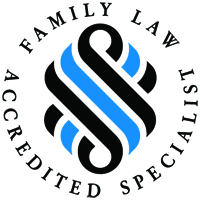



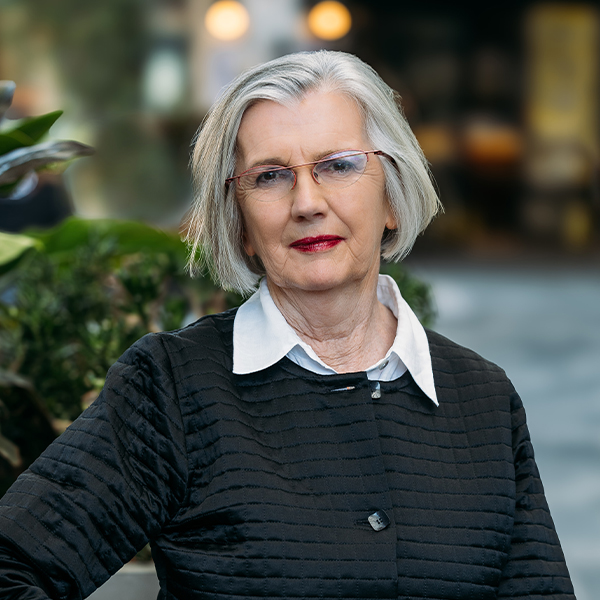














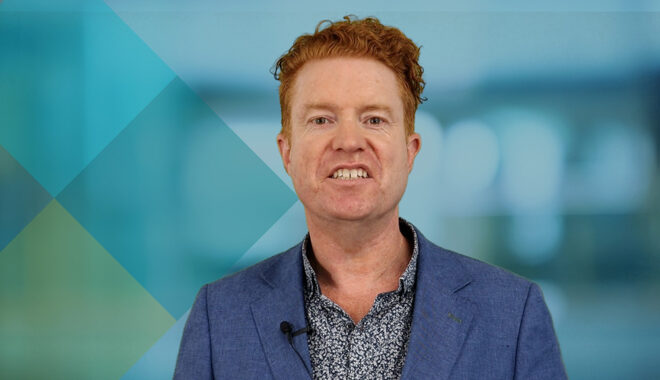
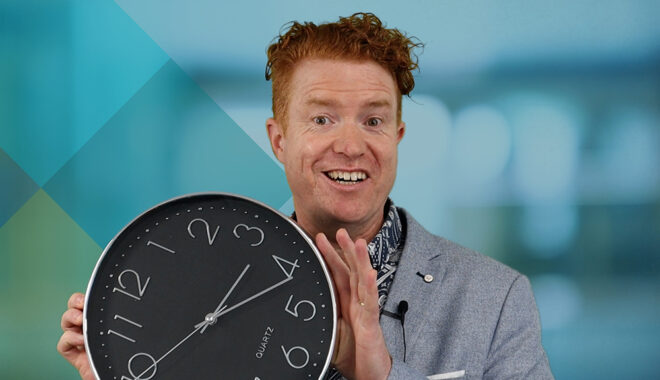
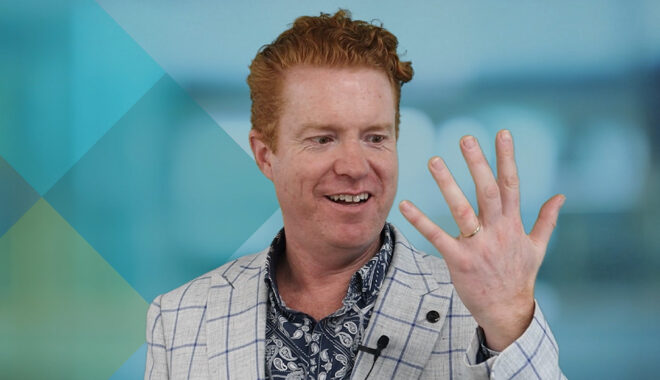





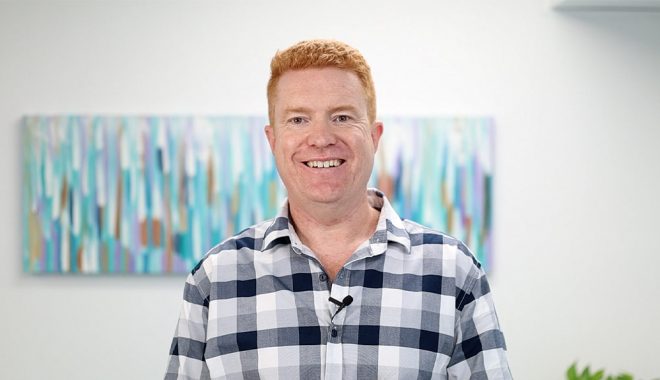







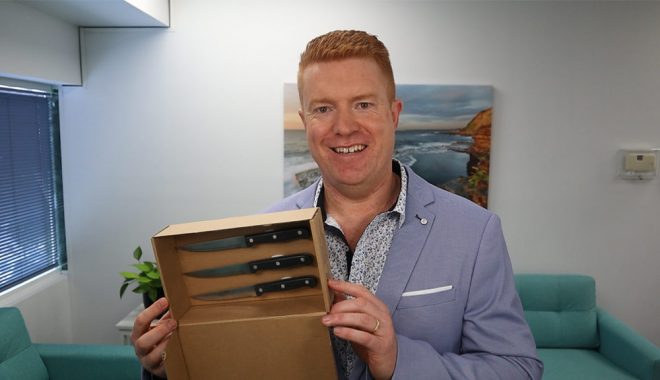
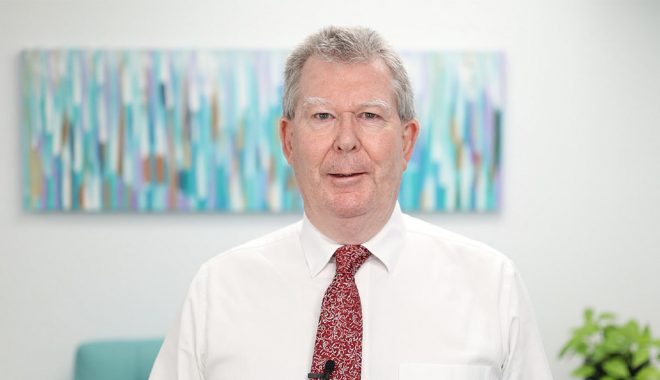

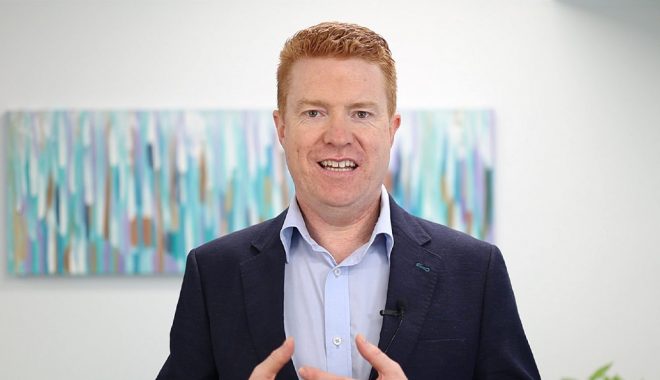
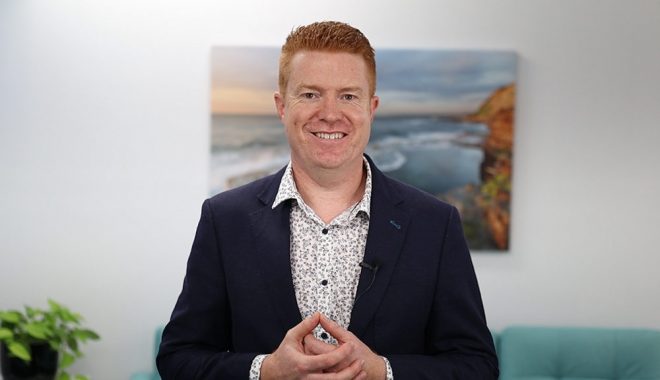
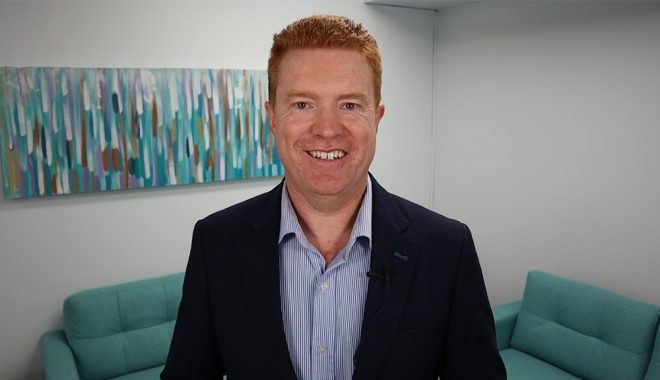


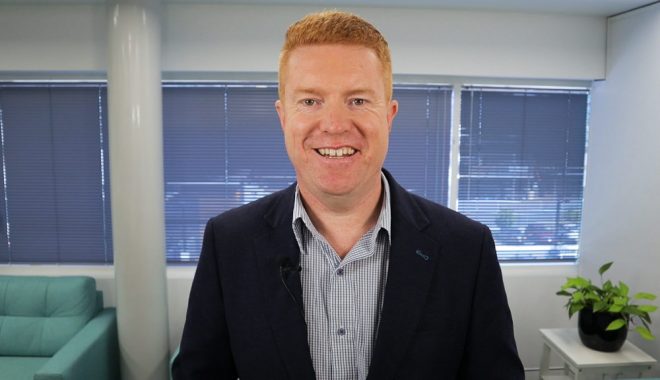













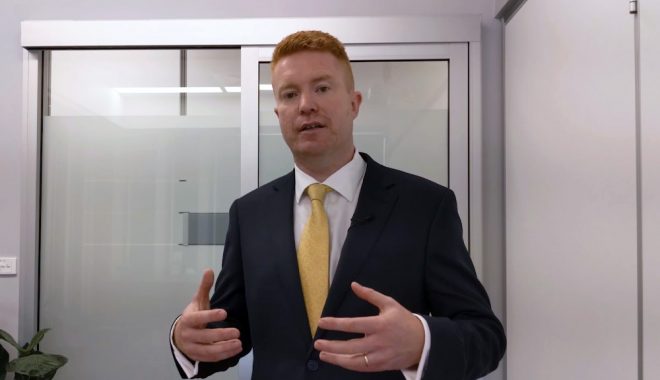
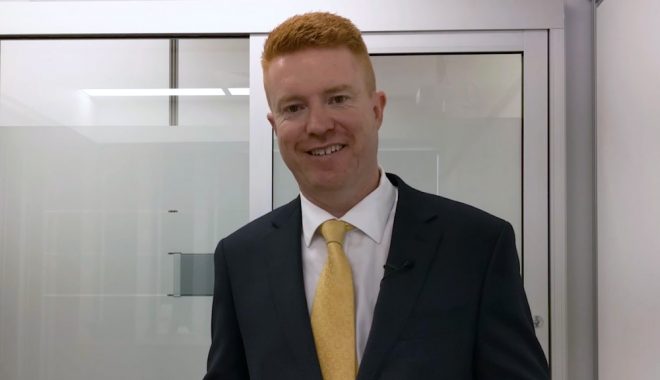
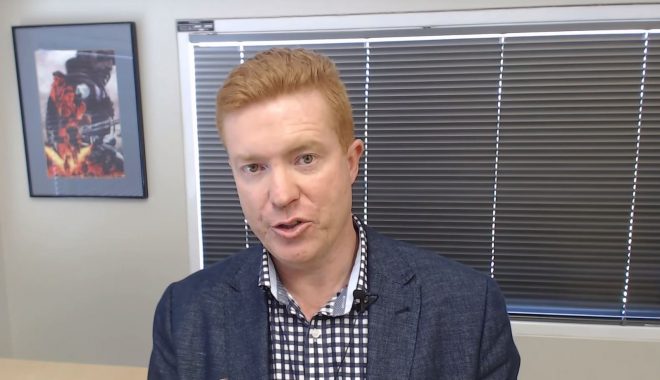
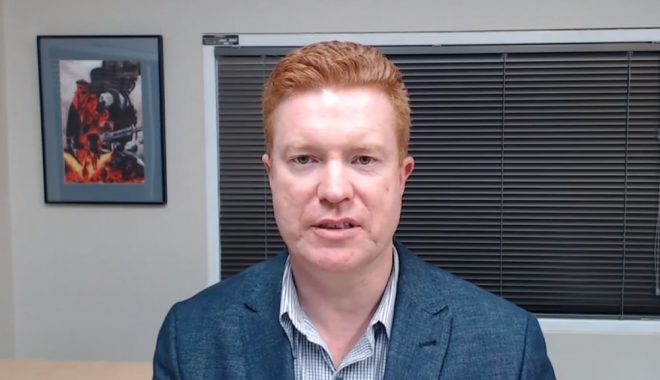
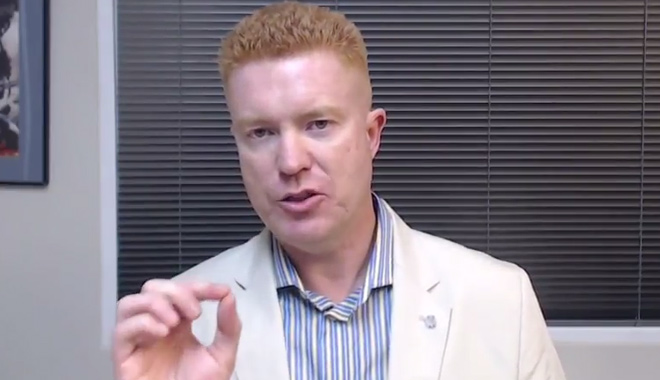
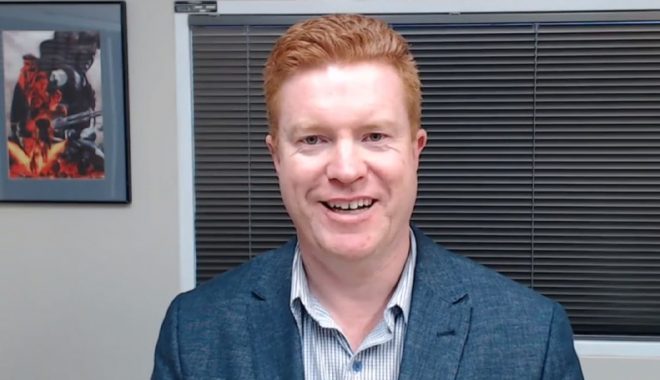
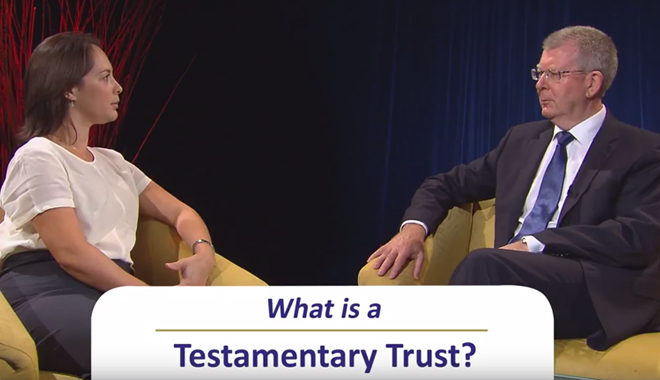
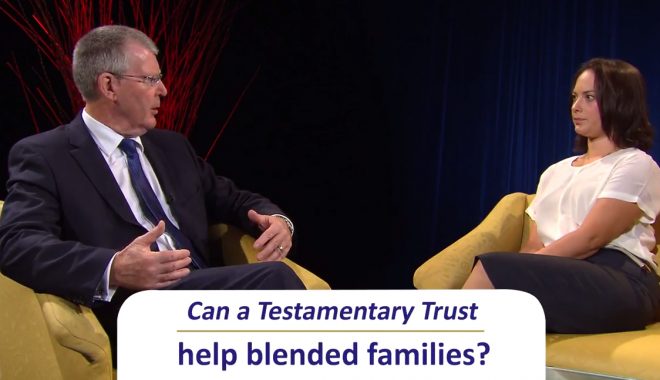
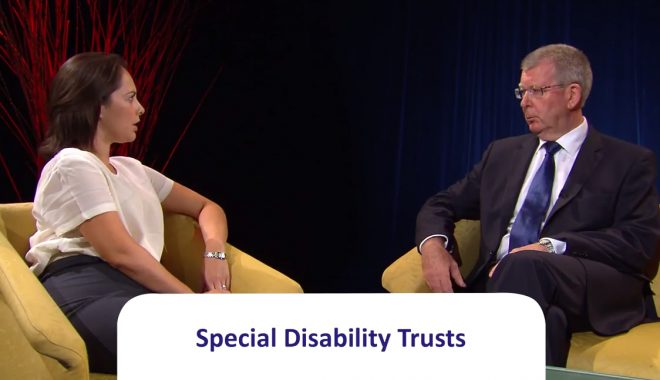
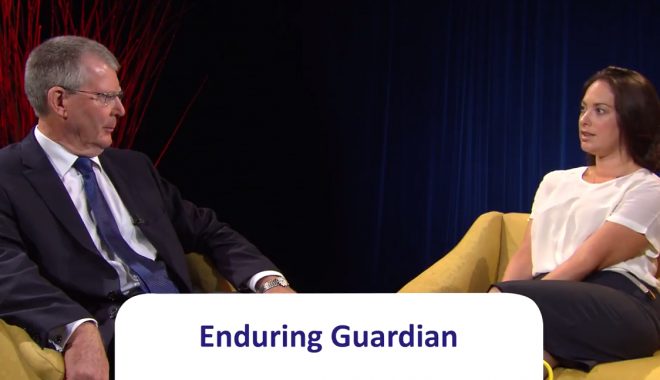
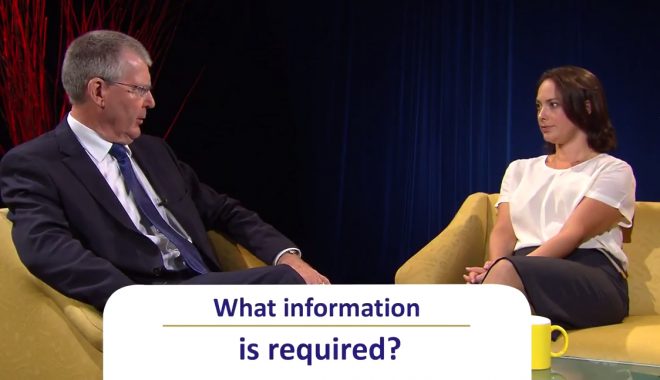









 Liability limited by a scheme approved under Professional Standards Legislation
Liability limited by a scheme approved under Professional Standards Legislation